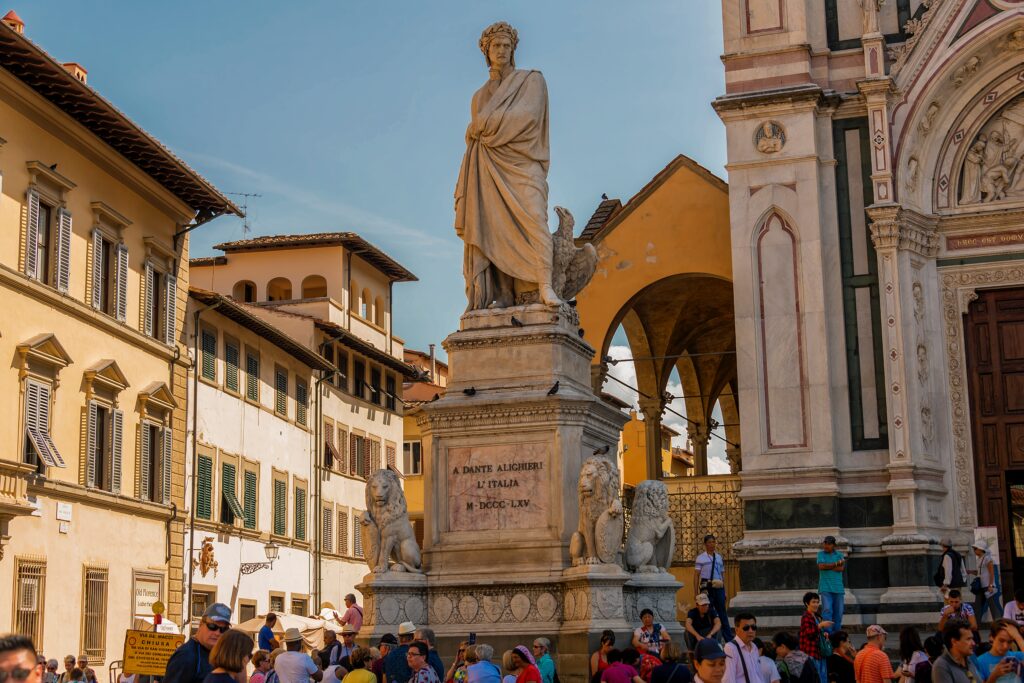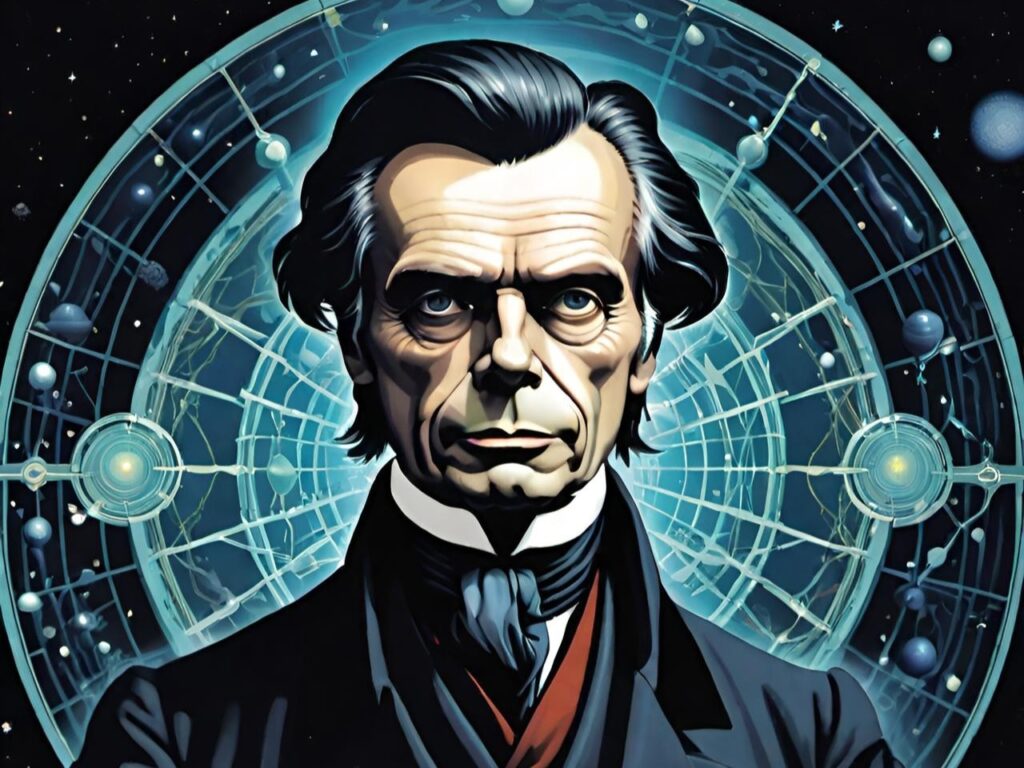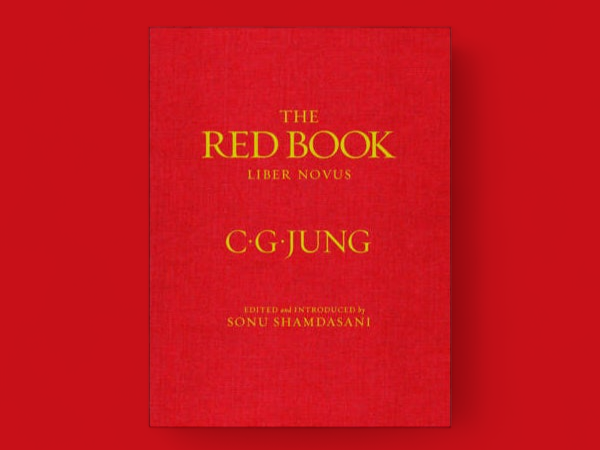La Divina Commedia, known in English as The Divine Comedy, is a medieval Italian epic poem written by Dante Alighieri. Composed in the early 1300s, the poem consists of three parts: Inferno (Hell), Purgatorio (Purgatory), and Paradiso (Paradise). The Divine Comedy remains one of the most influential works of literature in the Western canon, with enduring popularity and relevance to this day. In this article, I will explore why La Divina Commedia has stood the test of time.
La Divina Commedia is a masterpiece of medieval literature that has inspired generations of readers. The poem is a remarkable work of art that combines theological, philosophical, and literary elements to create a complex and rich narrative. Dante’s poem is a journey through the afterlife, in which he portrays a vivid picture of the world beyond death. The depiction of the afterlife in Inferno, Purgatorio, and Paradiso reflects the medieval Christian worldview. However, Dante’s artistic vision transcends the theological doctrine of his time, creating a powerful work of literature that speaks to contemporary audiences as well. The poem deals with universal themes, such as sin, redemption, salvation, and the human condition, making it relevant to readers of any age. We read certain parts of it in class at the end of high school. I was intrigued by its content, and terrified by the drawings made by Sandro Botticelli.
Timeless Quality
One of the reasons why La Divina Commedia has remained popular is its timeless quality. Dante’s poem is not a static work of literature frozen in time but a dynamic and evolving one. The poem’s richness comes from its ability to speak to different readers in different ways, depending on their historical and social context. The Divine Comedy can be read as a historical document that reflects the cultural and political context of the late medieval period, as well as a work of art that transcends time and place. The poem’s universal themes ensure that it speaks to readers across cultures and languages, as it has done for centuries.
Another reason is its influence on later literature. Dante’s poem has had a significant impact on Western literature, inspiring countless writers, poets, and artists. The Divine Comedy has been adapted, translated, and imitated in numerous languages and art forms, testifying to its enduring appeal. Dante’s masterpiece has influenced writers and poets, such as William Shakespeare, Samuel Taylor Coleridge, and T.S. Eliot, and artists, such as Salvador Dali and Gustave Dore. The poem’s influence can be seen in various genres and media, from literature and poetry to cinema, music, and video games.
Complex and Accessible
La Divina Commedia is a work of art that is both complex and accessible. Although the poem deals with profound theological and philosophical questions, it does so in a way that is accessible to readers of all levels. Dante’s narrative style combines exposition, dialogue, and poetic language to create a compelling and engaging story. The poem’s structure is also carefully crafted, with each part containing thirty-three cantos and the poems’ overarching structure reflecting the theological principles of the time. Dante’s use of symbolism, allegory, and allusion adds depth and complexity to the narrative, inviting readers to explore the poem’s meaning beyond its literal level. The Divine Comedy is a work of art that rewards multiple readings and interpretations, which is one of the reasons it has stood the test of time.

It’s a work of literature that reflects a unique historical and cultural moment. Dante’s poem reflects a medieval worldview that was shaped by the Christian theology and philosophy of the time. The Divine Comedy reflects the scholasticism of the medieval period, incorporating theological and philosophical concepts that were widely taught and debated at the time. The poem also reflects the political and social context of the time, with Dante’s exile from Florence influencing his vision of the afterlife. Accusations of corruption and a refusal to pay a fine lead to an exile for two years. But eventually, this changed into a lifelong exile, with the punishment of death at the stake or a beheading if he dared to return. La Divina Commedia is a work of literature that reflects its historical and cultural moment, making it a valuable source of insight into the medieval period.
Conclusion
La Divina Commedia is a masterpiece of medieval literature that has stood the test of time for several reasons. First, the poem’s universal themes make it relevant to readers of any age. The poem’s timeless quality ensures that it speaks to different readers in different ways, creating a dynamic and evolving work of art. Its influence on later literature testifies to its enduring appeal. The complex yet accessible narrative style invites multiple readings and interpretations. Lastly, the poem’s reflection of a unique historical and cultural moment makes it a valuable source of insight into the medieval period. Dante’s masterpiece continues to inspire and captivate readers, making it one of the greatest works of literature in the Western canon.




